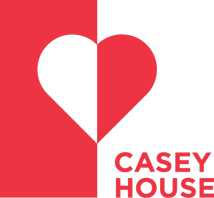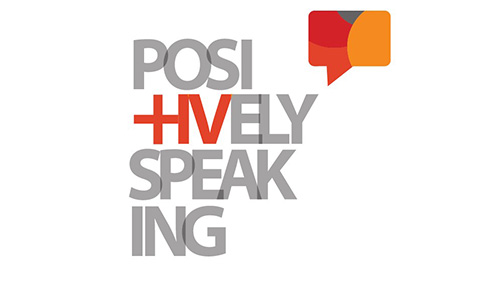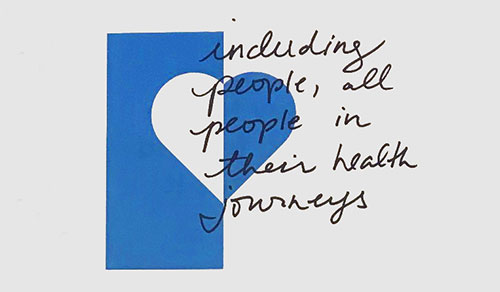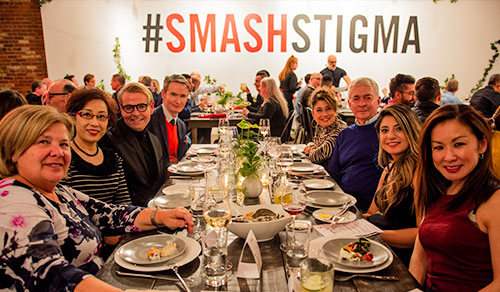The philosophy behind meaningful engagement of lived experience, whether it’s HIV, drug use, immigration, or homelessness is to value knowledge borne from experience.
Peers are integrated into Casey House’s client care team to support clients as they work to attain their health and wellness goals. Embedding the wisdom of lived experience into the care team enables diverse perspectives and skills, meaningful opportunities for peer connections, and strengthens Casey House’s commitment to GIPA/MEPA.
In both the inpatient unit and the day health program, individuals with lived experience are matched with clients who could benefit from additional one-on-one support. Each peer works directly with one client to assist with different aspects of living with HIV, such as adhering to their strict daily regimen of medications, attending multiple medical appointments, or living in social isolation. Peers build relationships with clients not by telling them what to do or not do, rather by sharing their personal experience.





